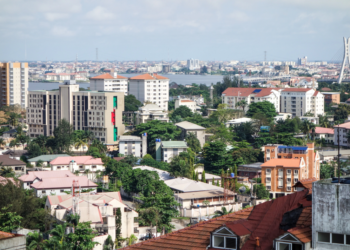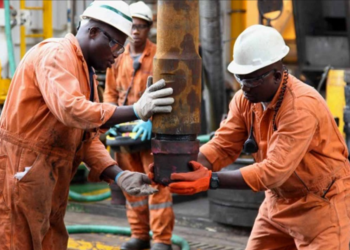The Ambassador of Cote d’Ivoire to Nigeria Kalilou Traore has disclosed that the official trade volume between his country and Nigeria has now reached around $1.5 billion.
Traore shared this information during an interview with the News Agency of Nigeria (NAN) on Sunday. He also noted that there is still room for improvement, especially in the domain of manufacturing products.
- “The official trade volume between Cote d’Ivoire and Nigeria is approximately $1.5 billion. This includes crude oil because the Cote d’Ivoire refinery is supplied by Nigeria.
- “Beyond that, we have so many manufacturing products being traded between the two countries, like cement coming from Nigeria, agricultural products, food and cosmetics, like soap.”
- “We have a very high potential to improve on the volume of trade, particularly in the area of manufacturing products.”
- “You know, Nigeria is the biggest economy in the sub-region, Cote d’Ivoire also after Nigeria is one of the biggest economies in the sub-region.”
- “Particularly in Francophone countries, Cote d’Ivoire is the biggest. So, these are two captains that have the possibility.”
The ambassador mentioned that Cote d’Ivoire now collaborates closely with Nigerian business associations, the Nigeria Customs Service, the Federal Ministry of Industry, Trade and Investment, and the Ministry of Foreign Affairs to enhance trade between the two nations.
Traore highlighted that Nigeria is a significant importer, and there is an opportunity for Côte d’Ivoire to supply some of the products that Nigeria currently imports.
He said,
- “Cote d’Ivoire also imports a lot, some of the products Cote d’Ivoire imports can be supplied by Nigerian industries.”
- “We are working to make this happen quickly in the manufacturing sector.”
What you should know
Nigeria and other countries in the ECOWAS sub-region seek to increase the volume of trade between them leveraging on the Africa Continental Free Trade Agreement (AfCTA).
The AfDB recently approved funds for the construction of the 1080km Lagos-Abidjan highway to encourage the ease of movement of people, goods, and services for $15.6 billion.























